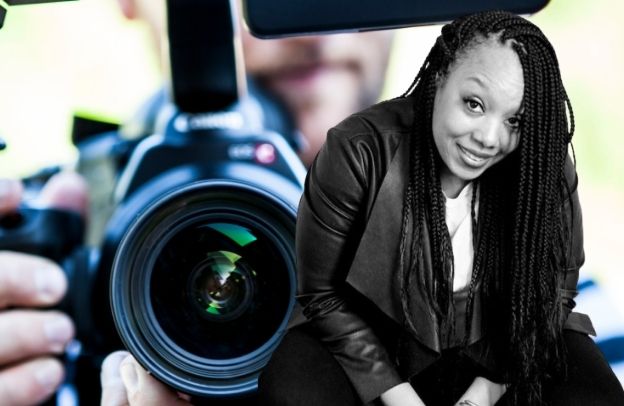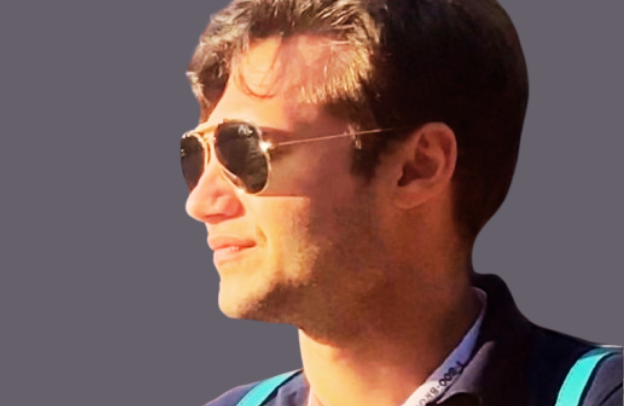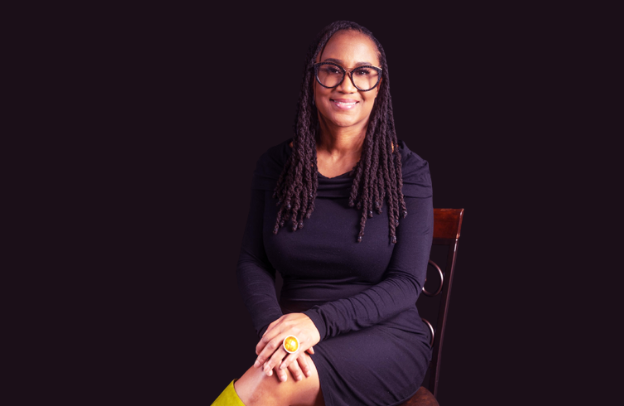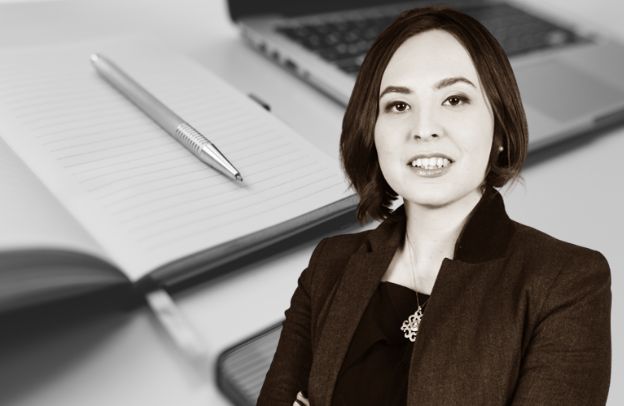Exploring Legacy Beyond Wealth: Bridget Badoe Discusses Cultural Impact and Storytelling on The Obehi Podcast
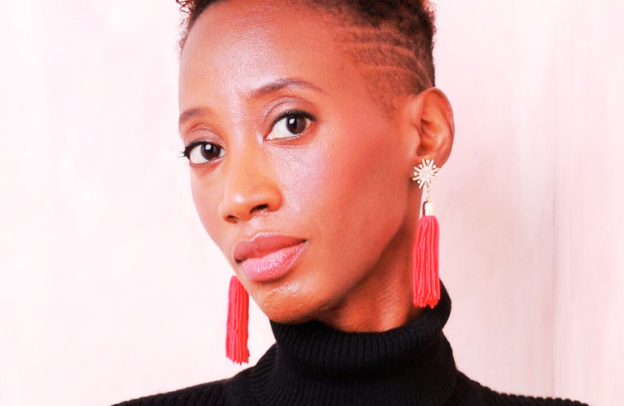
What does the word “legacy” truly mean? For many, it conjures images of wealth, inheritance, and grand monuments. But what if its real value lies not in what we own, but in what we leave behind in the hearts and minds of others? In a recent episode of The Obehi Podcast, host Obehi Ewanfoh sat down with Bridget Badoe, a multi-passionate creative and the Learning Legacy Manager at HS2, to unravel this profound concept.
Learn How to Leverage Your Story through our Story To Asset Framework.
Bridget challenged the conventional view, suggesting that legacy is something we build every single day, through every interaction and every story we share.
See the full interview with Bridget Badoe
As Bridget noted, even figures like Mike Tyson have questioned the idea of legacy, seeing it as a word that’s thrown around without real substance. This prompts a vital question we must all ask ourselves: “What does legacy mean to you, personally?” Forget the dictionary for a moment. Your definition is what matters.
For Bridget, the answer is beautifully captured in a quote by psychologist Erik Erikson: “I am what survives me.” This simple yet powerful statement shifts the focus from material possessions to the lasting imprint of our actions, values, and the lives we touch.
You might also like What Is The Role Of Clinical Psychology In Storytelling – Nathan Leli
Legacy isn’t just about intergenerational wealth; it’s about the intergenerational transfer of wisdom, tradition, and identity.
Your Story is Your Greatest Asset
For people of the African diaspora, the concept of legacy carries a unique weight. Faced with the historical ills of colonialism, displacement, and systemic inequality, building a legacy becomes an act of resilience, resistance, and survival. It’s about reclaiming a narrative that has too often been told by others.
This is where the power of storytelling comes in. As Bridget shared, a powerful African proverb says, “Until the lion tells its story, the tale of the hunt will always glorify the hunter.” To own your story is to ensure the next generation has roots to ground them and wings to soar.
Bridget powerfully illustrated this with the story of her grandmother in Ghana. At her funeral, every person had a story to tell about the love, forgiveness, and grace she embodied. A road in Takoradi was even named after her.
Her legacy wasn’t in a vault; it was alive in the countless lives she had impacted. “Everyone had a story about love that she had taught them,” Bridget recalled. This is the essence of building a legacy, one story at a time.
This aligns perfectly with the Story to Asset Framework that Obehi Ewanfoh champions, which helps entrepreneurs transform their personal narratives into powerful marketing tools that foster genuine connection.
One Hand Can’t Clap: The Communal Nature of Legacy
While our stories are personal, legacy is a collective endeavor. Obehi Ewanfoh reflected on his own journey, from growing up in a village in southern Nigeria to building AClasses Media in Italy.
He walked paths to the farm that were created not by him, but by generations before him. “We’re actually navigating a path that is sometime created by other people,” Obehi explained. This understanding of interdependence is central to African philosophies like Ubuntu, which teaches, “I am because we are.”
See also Home Through Heritage: 8 Days of Culture, Community & Connection in Tanzania
Bridget echoed this sentiment with a Jamaican proverb: “One hand can’t clap.” We need each other to build something sustainable. She shared a powerful formula for creating impactful community legacies:
- Vision: A shared picture of the future you want to create.
- Mission: The actions needed to realize that vision.
- Values: The guiding principles that unite everyone.
- People: The relationships that sustain the work.
- Resilience: The collective strength to overcome challenges.
This framework is the engine behind Obehi’s “Life and Legacy” project, which documents the stories of individuals who have shaped the African diaspora, ensuring their contributions are never forgotten.
Building a legacy requires collaboration and a shared commitment to a vision greater than ourselves.
Your Practical Steps to Building a Lasting Legacy
Legacy building isn’t a monumental task reserved for the famous or wealthy. It begins with small, intentional actions. As Bridget says, “The little waves, you know, build a mighty ocean.” Here’s how you can start planting the seeds of your legacy today.
- Start a “Story Bank”: Begin capturing your personal, family, and community stories. Use a journal or the notes app on your phone. Document your challenges, triumphs, and the lessons you’ve learned. These stories are the seeds of your legacy.
- Mentor Someone: You don’t need to be a formal coach. Mentoring is simply sharing your knowledge and experience with someone a few steps behind you. Helping a young person with their CV, teaching a skill, or offering guidance is a profound way to pass on your wisdom.
- Share Your Culture: Teach a family recipe, play a traditional game like Oware, or share words from your native language. When we pass down our traditions, we ensure our culture thrives from roots to relevance.
- Connect Across Generations: Volunteer at a home for the elderly or simply spend time having conversations with the elders in your family. “The story that they have are amazing,” Bridget insists. “Their legacies that they want to share, this information they want to share, the wisdom.”
- Focus on Your Family: Sometimes we think legacy has to be world changing. But as Bridget advises, “If it’s just your family you make a better life for, just make a better life for your family.” Education and empowerment start at home.
Ultimately, your life and legacy are being written every day. It’s in how you make people feel, the values you live by, and the path you clear for those who will come after you. Be intentional. Be present. Go out there and plant your seeds.
To dive deeper into this topic, listen to the full conversation with Bridget Badoe on The Obehi Podcast.
Learn How to Leverage Your Story through our Story To Asset Framework.

